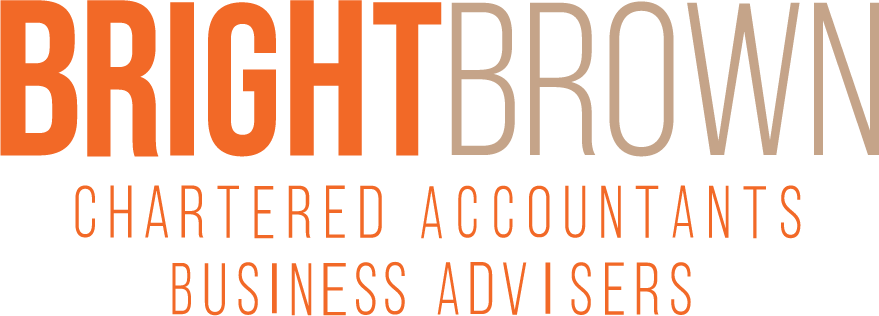Value Added Tax (VAT) is an essential consideration for businesses operating in the United Kingdom. Understanding VAT reduction techniques in the UK can significantly impact your bottom line and overall financial health. In this article, we delve into effective strategies to minimise liabilities for your business.
How Does VAT Impact Businesses?
VAT is a consumption tax levied on goods and services at each stage of production or distribution. Businesses are required to charge value added tax on their sales and may also reclaim it on their purchases, subject to certain rules and conditions. Failure to manage VAT effectively can lead to increased costs and potential penalties for non-compliance.
What Are the Key VAT Reduction Techniques in the UK?
Understanding the VAT registration threshold is crucial for businesses. Currently set at £90,000 (as of April 2024), businesses whose taxable turnover exceeds this threshold must register. However, voluntary registration below this threshold may be advantageous for businesses aiming to
reclaim VAT on their expenses.
The Flat Rate Scheme offers simplicity and potential savings for eligible businesses. Under this scheme, businesses pay a fixed percentage of their turnover as VAT to HM Revenue & Customs (HMRC), rather than calculating VAT on each sale and purchase. This can streamline processes and reduce administrative burdens.
Maintaining accurate records is essential for compliance and effective VAT management. Businesses should keep detailed records of their sales, purchases, and transactions to facilitate VAT returns.
Businesses can reclaim VAT on their eligible expenses, including goods, services, and capital assets used for business purposes. By maximising input VAT reclaims, businesses can reduce their net VAT liabilities and improve cash flow.
Certain goods and services are exempt from VAT or qualify for reduced rates under specific circumstances. Understanding exemptions and reliefs applicable to your business activities can help minimise VAT liabilities and enhance competitiveness.
Conducting regular reviews and compliance checks can help identify potential errors, discrepancies, or areas for improvement. Businesses should stay updated on regulations, changes, and guidance issued by HMRC to ensure compliance and minimise risks.
Frequently Asked Questions
- Can I reclaim VAT on all business expenses?
While businesses can generally reclaim VAT on their eligible expenses, certain items may be subject to restrictions or conditions. It’s essential to understand VAT rules and requirements for different expense categories. - How can I determine if my business should register for VAT voluntarily?
Voluntary registration may be beneficial for businesses that incur significant VAT on their expenses, even if their turnover is below the compulsory registration threshold. Consulting with a tax advisor such as Bright Brown can help assess the potential advantages and implications of voluntary registration. - What are the penalties for non-compliance?
Non-compliance can result in penalties, fines, and interest charges imposed by HMRC. Penalties may vary depending on the nature, severity, and duration of non-compliance. It’s crucial for businesses to adhere to Value Added Tax regulations and fulfil their tax obligations promptly. - Are there any schemes specifically designed for small businesses?
Yes, HMRC offers various VAT schemes tailored to small businesses to simplify VAT processes and reduce administrative burdens. Small businesses should explore available VAT schemes, such as the Flat Rate Scheme and Annual Accounting Scheme, to determine the most suitable option for their needs.
Conclusion
Effectively managing VAT liabilities is essential for the financial health and sustainability of businesses in the UK. By implementing strategic VAT reduction techniques and staying informed about VAT regulations, businesses can optimise their VAT processes, enhance cash flow, and minimise compliance risks.
Remember, VAT management requires careful planning, accurate record-keeping, and proactive compliance efforts. By adopting a proactive approach to VAT management and seeking professional advice when needed, businesses can navigate VAT complexities with confidence and focus on achieving their growth objectives.



